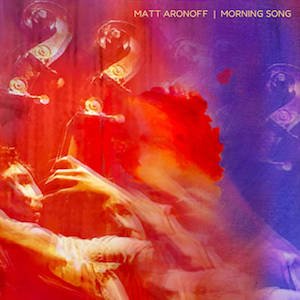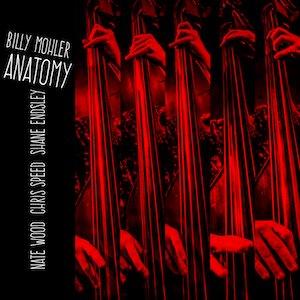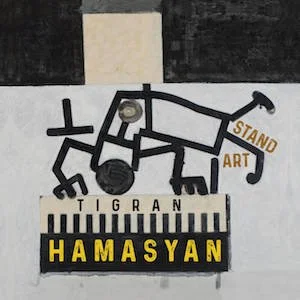Label: Relative Pitch Records, 2022
Personnel - Marta Warelis: piano.
Polish pianist Marta Warelis has been based in the Netherlands since 2010, having collaborated with intrepid avant-jazzers such as saxophonists John Dikeman, Ada Rave and Michael Moore, bassist Ingebrigt Haker Flaten, violinist Carlos Zingaro, and more recently with trumpeter Dave Douglas, in his 15th-century-art-inspired album Secular Psalms.
A Grain of Earth is her first solo essay in which she addresses creation and destruction with both intrigue and an appetite for communicating with the listener almost in a visual way. Gliding through measures and frequencies, “Echoes” sort of takes us to the origin of things, starting a journey that culminates with a thrown of ashes to the sea. The impressionistic opener is underpinned with percussive and pitched beats created by prepared piano, and streamlined with both tranquil and supple melodies in the upper register.
The following piece, “(into) Body in Pieces” plays like an offbeat collage of sounds ranging from incisively piercing to percussively scratchy to spine-chilling sweepy. The same type of experimentation can be heard on “Miniature Creatures”, where the conversational prose expands, and also on “Invisible Threads”, whose corrosive droning legato results from bowing the strings of the piano.
A more familiar avant-jazz narrative is offered with “Trip on the the Light Toe”, which brings a variety of tone qualities during the exquisite melodic entanglements that often crash into a low-pitched explosion. Without signaling any particular change of direction, “In Waves” emerges as another crucial point in the sonic developments. It gains the form of an incredibly hypnotic dance at once exotic and familiar. The beautiful title track, “a Grain of Earth”, is gracefully honed piano escapism performed on a very profound level. Melody becomes meaningful and thoughts are intimately expressed.
With notable technique and inventiveness, Warelis finds her place in the modern improvised sphere. The qualities in her playing suggest a career filled with many inspiring and experimental musical moments to be shared with the world.
Favorite Tracks:
01 - Echoes ► 05 - In Waves ► 06 - a Grain of Earth








































